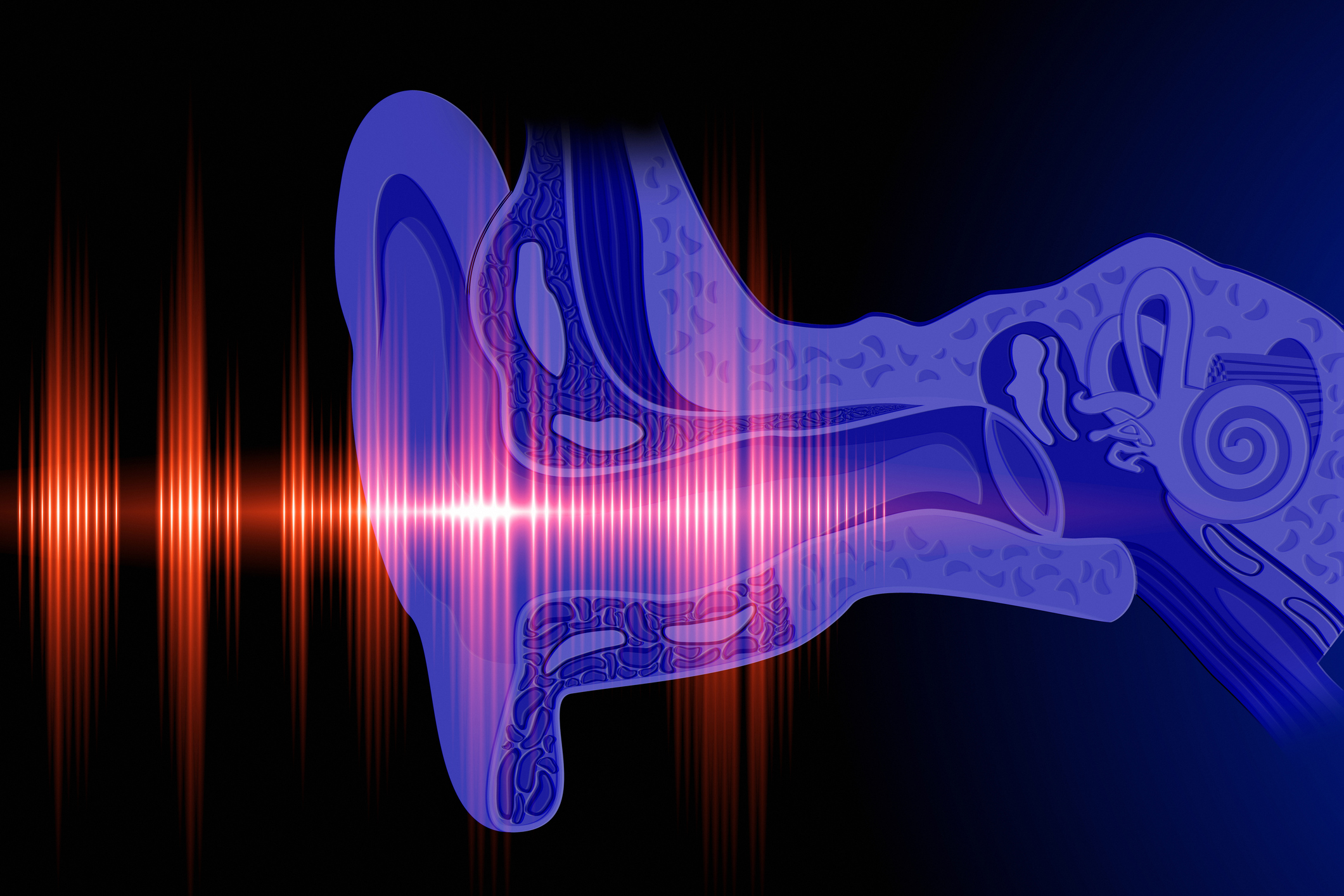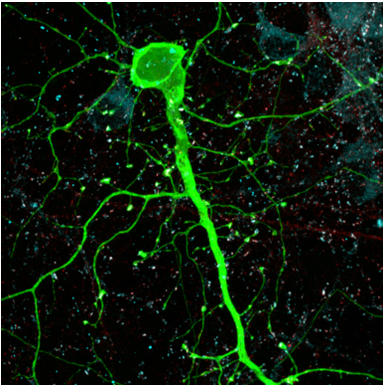Tag: Physiology
-

New Discovery Opens Path to Treatments for Hearing Loss
In a study published in Nature, Northwestern Medicine scientists have demonstrated that a gene is critical for the development of the ear’s outer hair cells, which has important implications for hearing loss treatments.
-

Sugar Pills Relieve Pain for Chronic Pain Patients
Scientists have shown they can predict which chronic pain patients will respond to a placebo pill based on brain anatomy and psychological characteristics.
-

Mapping Dopamine Neuron Projections
In a study published in Nature Neuroscience, Northwestern Medicine scientists demonstrated that subtypes of dopamine neurons have distinct projection patterns.
-

Drug Protects Neurons in Parkinson’s Disease
Treating mice with isradipine, a calcium channel blocker, prevented formation of toxic compounds that can cause Parkinson’s disease symptoms, according to a recent Northwestern Medicine study.
-

New Technique Helps Uncover Changes in ALS Neurons
Northwestern Medicine scientists used an innovative technique to measure electrical activity in ALS neurons, finding changes in excitability that indicated disease, according to a study published in Stem Cell Reports.
-

CNADC Celebrates Transformative Gift at Alzheimer Day
Feinberg met its goal of raising $10 million for the newly renamed Mesulam Cognitive Neurology and Alzheimer’s Disease Center, naming the Center after its director, M. Marsel Mesulam, MD.
-

Drug May Reverse Imbalance Linked to Autism Symptoms
Northwestern scientists restored chemical balance to certain brain cells in mouse models, reversing mechanisms that may be responsible for sensory hypersensitivity in patients with autism.
-

Defining the Biology of Autism
The newly-launched Center for Autism and Neurodevelopment is a translational science hub that aims to investigate the neurobiology of autism and facilitate the development of new treatments.
-

DNA Methylation Plays Key Role in Stem Cell Differentiation
Northwestern Medicine scientists have uncovered how DNA methylation triggers stem cells to transform into more specialized neuronal cells.
-

Active Non-Coding DNA May Help Pinpoint Genetic Risk for Psychiatric Disorders
Northwestern Medicine scientists have demonstrated a new method that helps to pinpoint which genetic variants might be most important in the development of schizophrenia and related disorders.






